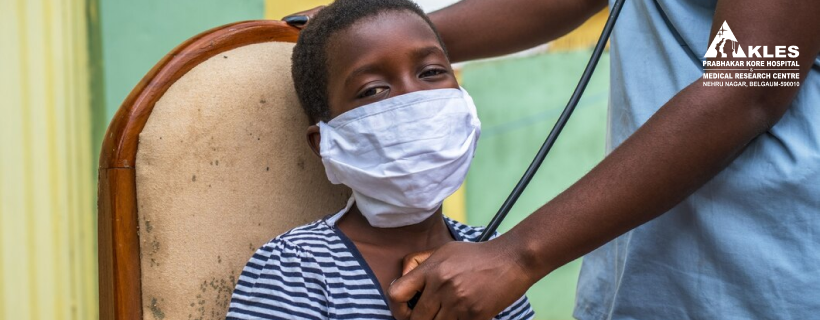

Medically Reviewed by Dr. Smruthi, Paediatrics
Written by KIE Editorial Contributors
3.5 min read | Last Updated: 13 August 2025 | Published On: 13 August 2023
Marasmus is a severe form of protein-energy malnutrition that primarily affects infants and young children. It occurs when the body is deprived of both calories and protein for a prolonged period. Characterized by extreme thinness, muscle wasting, and stunted growth, marasmus can be life-threatening if not diagnosed and treated early.
This condition is most common in regions with food scarcity, poor sanitation, and inadequate healthcare access. However, marasmus can also result from chronic illnesses or neglect in any part of the world.
Understanding the marasmus causes is critical for prevention and early intervention. The most common causes include:
In many cases, marasmus develops gradually over time due to continuous undernourishment and recurring infections.
The marasmus symptoms can be both physical and behavioral. Early identification of the signs and symptoms of marasmus can help in timely medical intervention.
The diagnosis of marasmus is typically clinical, supported by anthropometric measurements and lab tests. Key diagnostic tools include:
Early diagnosis is essential to reduce complications such as organ failure, dehydration, and hypoglycemia.
Marasmus treatment focuses on gradual nutritional rehabilitation, treating underlying infections, and restoring the body’s fluid and electrolyte balance. A structured and compassionate care plan includes:
In severe cases, hospitalization and a multidisciplinary team approach may be required.
It’s important to differentiate marasmus from kwashiorkor, another form of malnutrition. While marasmus involves severe wasting and calorie deficiency, kwashiorkor is caused by a lack of protein and often presents with edema (swelling).
Get in Touch with a Doctor
Yes, with timely medical care, proper nutrition, and follow-up, marasmus can be treated and reversed in most cases.
Marasmus is a severe form of malnutrition with visible muscle wasting, while being underweight might not always indicate nutrient deficiency or disease.
While more common in children, adults with chronic diseases, poor dietary intake, or substance abuse may also develop marasmus.
Energy-rich and protein-dense foods like milk, eggs, pulses, cereals, and therapeutic feeding formulas aid in recovery.
Mild cases may be managed at home with guidance, but moderate to severe marasmus often requires hospital care for monitoring and nutritional support.